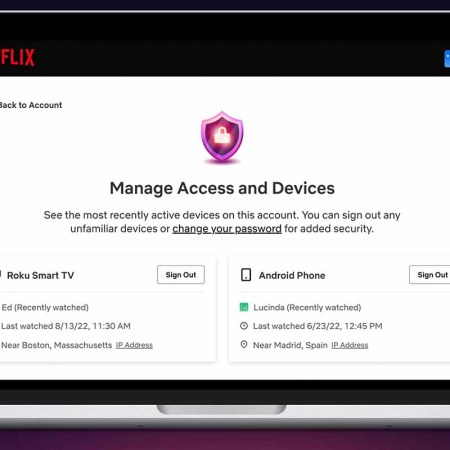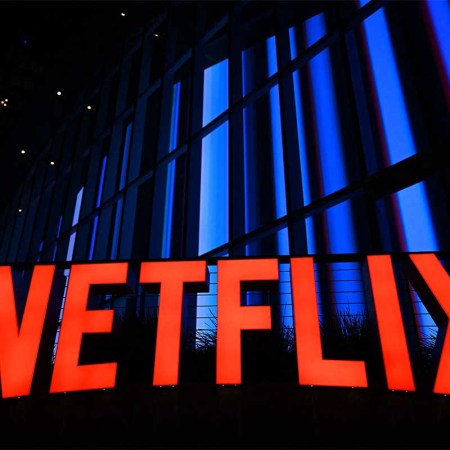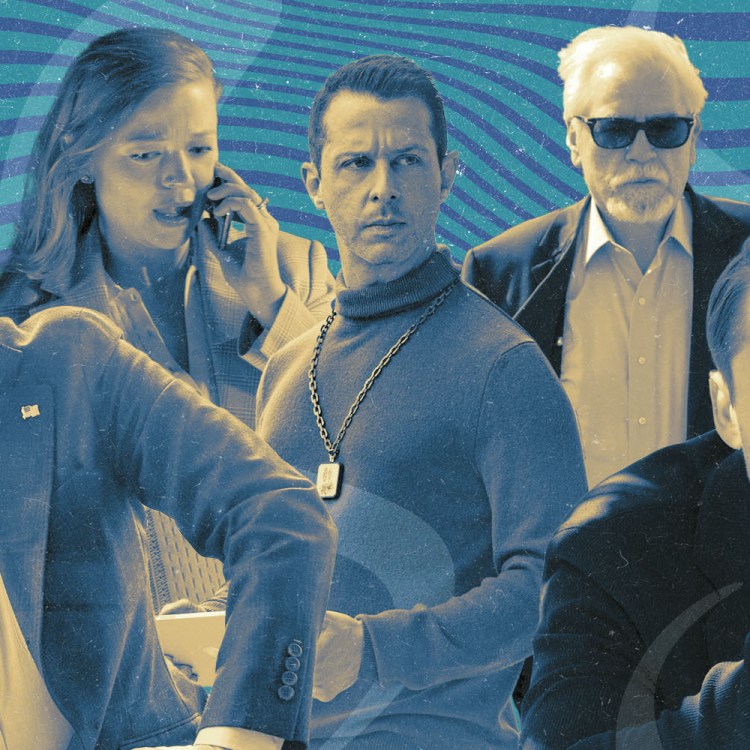Netflix started cracking down on sharing passwords between households with a heavier hand last year, though the extra fee for shared accounts ended up being limited to a few countries outside the U.S. Now, those confusing password-sharing charges are set to arrive domestically.
In a January 19 letter to shareholders, the streaming service noted that revenue, operating profit and membership growth exceeded their forecast with this change of service: “We expect to roll out paid sharing more broadly later in Q1’23…. From our experience in Latin America, we expect some cancel reaction in each market when we roll out paid sharing, which impacts near term member growth. But as borrower households begin to activate their own standalone accounts and extra member accounts are added, we expect to see improved overall revenue, which is our goal with all plan and pricing changes.”
In short, paid sharing is arriving in about 10 weeks, which means potentially paying extra if you want to share Netflix with people who you don’t live with. The company estimates that over 100 million households engage in account sharing.
To help, Netflix recently introduced a feature that tells users which devices are using their account and gave them the ability to transfer a profile to a new account (or bounce the unwanted, out-of-household user).
Netflix’s Latest Password Sharing Crackdown Is Confusing
A new “add a home” feature debuting next month in some countries adds fees and redefines a viewing householdWhat’s confusing is how they’re going to enforce this new measure. The service claims “all members will be able to watch while traveling, whether on a TV or mobile device,” but that doesn’t explain how they’ll know if a household member is briefly using the service on the road or a non-household user is accessing the account. As an early trial country, Netflix Argentina previously explained that users could watch Netflix on a TV outside their home “for up to 2 weeks as long as [their] account has not been previously used in that location,” but only once per location per year. Another report last year suggested Netflix enforcement might involve a two-step verification code. Whatever the case, early results in Peru showed that enforcement (or lack thereof) of password sharing was an issue.
Netflix appears to think that any backlash or cancellations will be minimal and that revenue should continue to increase. “As always, our north stars remain pleasing our members and building even greater profitability over time,” as the letter suggests. They seem to be prioritizing the second part of that statement a little more.
Thanks for reading InsideHook. Sign up for our daily newsletter and be in the know.


















